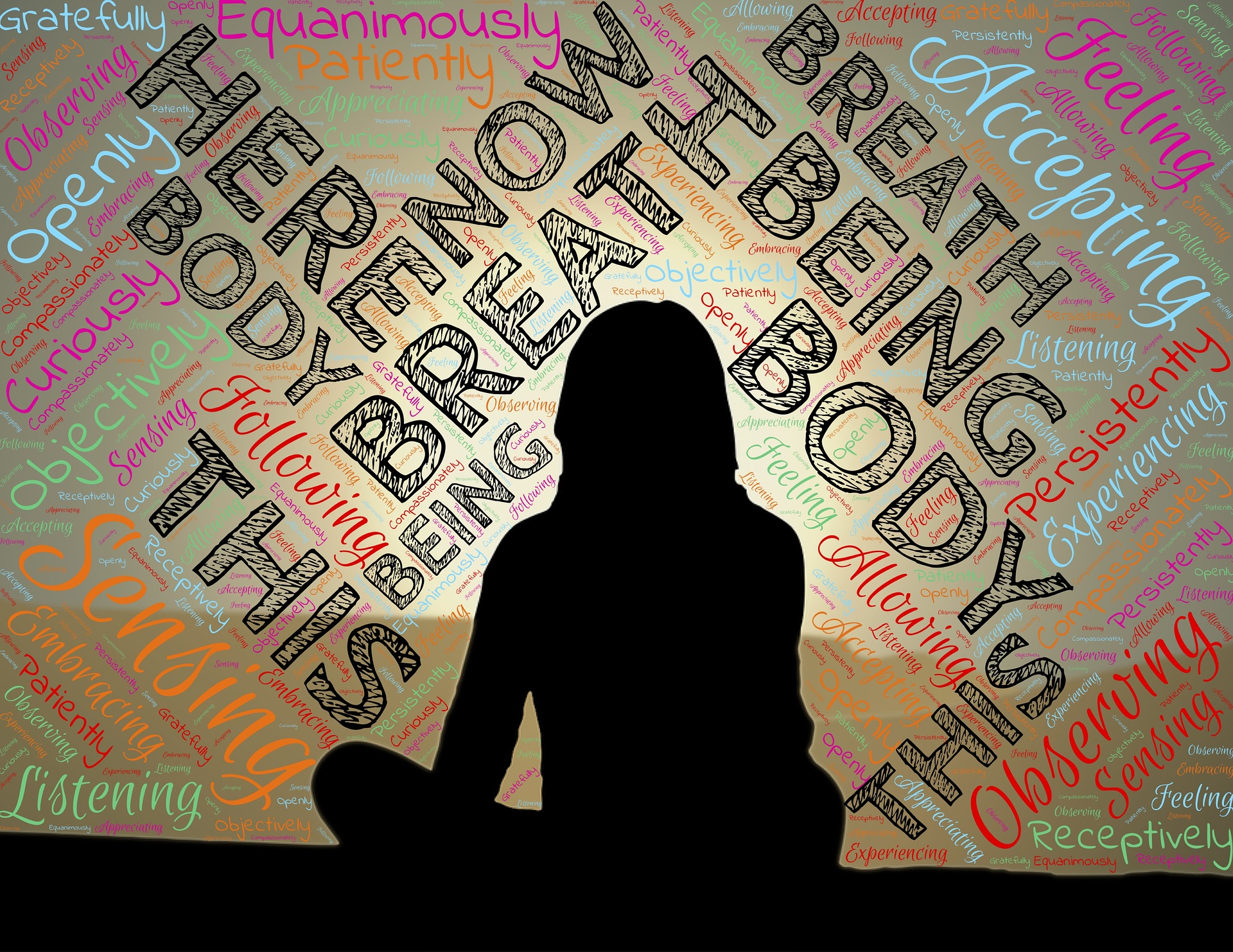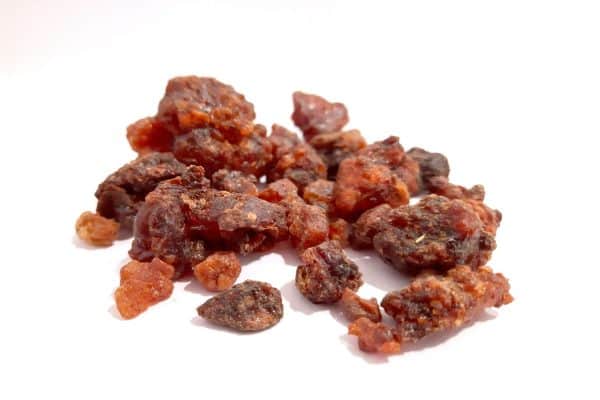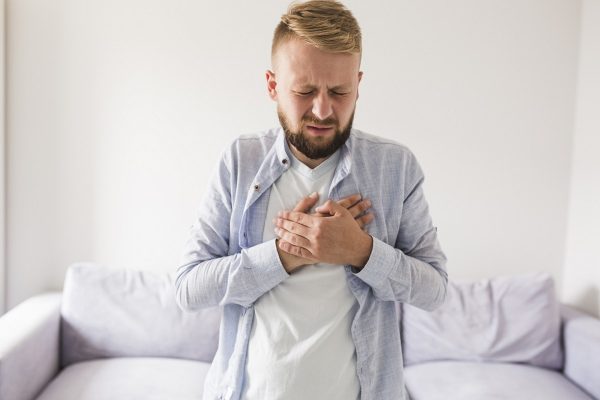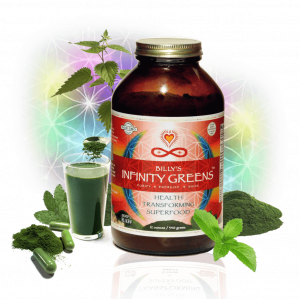Deep Breathing – 4 Amazing Benefits and How to Optimize Your Breath to Live Fuller and Healthier
Deep Breathing – 4 Amazing Benefits and How to Optimize Your Breath to Live Fuller and Healthier
Overview
Breathing comes naturally to all of us. Perhaps that is why we take it for granted. We breathe 15-20 times a minute, and still, it is not recognized as something we need to practice and perfect. However, nothing could be farther from the truth.
Consider this fundamental rule of survival: we can survive 3 weeks without food, 3 days without water, and only 3 minutes without oxygen. Nature has long settled the role of breathing in our lives. It is for us to acknowledge and use this powerful tool for our betterment.
Why should you breathe deeply and consciously?

According to yoga, every single breath you take is a chance to unplug, recharge, and bring balance to your body and mind. When you breathe consciously, you bring your heart in sync with your mind. As you grow more aware of your breath, you also learn more about your own emotions and conflicts.
What is diaphragmatic breathing – abdominal vs chest breathing
To understand deep breathing, let’s see how our body uses oxygen.
With each breath, you draw in oxygen that is transported by the red blood cells to all organs and tissues. If your breath is not deep but rather light and quick, then you might be using only the upper part of your lungs (which is only 25%). This means you are not getting enough oxygen to nourish all parts. Your body improvises by prioritizing vital organs and leaves out “less important” parts at below-optimal efficiency.
The lymphatic system fails to completely eliminate toxins, and the immune system is compromised. And since everything is connected, it puts significant stress on your system. This is called shallow or chest breathing (which is perhaps what you are doing now). So, practically we are living (and doing) only 25% of what we were meant to live!
Incredible Healing Benefits of Essential Oils
When you inhale slowly and deeply, you engage your diaphragmatic muscles (found at the bottom of your ribcage). In this kind of breathing, the diaphragm contracts so that the lower part of your lungs can expand to take in as much oxygen as necessary. This is known as diaphragmatic breathing, deep abdominal breathing, or yogic breathing.
Health benefits of deep breathing exercises
Mental and emotional wellness
Diaphragmatic deep breathing stimulates the vagus nerve – a major component of the parasympathetic nervous system which is responsible for crucial physiological functions, such as facilitating digestion, regulating heart rate, lowering blood pressure, maintaining constant temperature, inducing relaxation after stressful situations, and controlling emotions.
When you draw in slow and deep breaths, you signal your brain that things are under your control, and it is time to relax. This reduces cortisol levels and slows down the heart rate. The sense of calm and composure you achieve at this state also teaches the brain that this is the normal state of things. You are supposed to come back to this state after recovering from a stressful situation.
According to a 2017 study, deep breathing is an effective relaxation technique that helps reset the brain’s stress response mechanism and improves your ability to handle future stress as well.
Boosts brain function
Diaphragmatic breathing increases the supply of oxygen-rich blood to brain cells, improving neural coordination, focus, and memory. Studies have suggested that even a 15-minute session of deep breathing exercise can significantly improve blood circulation to all parts of the body, invigorating cells and lifting spirits. Its ability to activate the parasympathetic nervous system also promotes deep sleep (slow-wave sleep), which can facilitate mental detox. Lack of adequate deep sleep increases oxidative stress and inflammation of brain cells, which can progressively reduce mental function and memory. Deep breathing exercises can help check this brain aging and reduce the risk of developing neurodegenerative diseases.
Lowers blood pressure
Slowing down your breath and mindfully controlling it can also lower your heart rate and blood pressure. A 2019 study suggested that deep breathing exercise may be recommended in low-risk hypertensive patients, as it showed a moderate reduction in blood pressure. Lowered cortisol levels and improved emotional resilience also play a protective role, as psychological stress is a major cause of worsening heart diseases.
Improves digestion and immunity
Correct and optimal breathing enhances the working of the lymphatic system, which results in proper detoxification and ensures better nourishment of cells and organs – including the ones that are part of the immune system. Its ability to stimulate the vagus nerve (responsible for brain-gut connection) also helps in keeping the digestive tract clean, which further promotes optimal absorption of nutrients. Poor digestion, insufficient sleep, chronic stress, inflammation are some major reasons that suppress immune function. Practicing deep breaths regularly can help reinforce the body’s natural defense mechanism.
How to practice diaphragmatic breathing: tips for beginners
Take slow and deep breaths
- Sit comfortably or lie down on a firm surface.
- Put one hand over your chest and the other on your abdomen.
- Take a slow, deep breath through your nose (you may exhale through your mouth if you like).
- Observe the air as it fills the lower part of your lungs. You should feel your abdomen going up and down.
- Start with 5-10 breaths each day. Increase the duration to 10-15 minutes as you get comfortable (and regular).
It’s all about healthy habits

Bring in fun and consistency with aromatherapy
Try diffusing some essential oils in the room to further promote relaxation. Essential oils like lavender, frankincense, clary sage, myrrh, sandalwood, patchouli are known for their ability to aid the nervous system, which can greatly enhance the emotional benefits of breathing exercises.
Incredible Healing Benefits of Essential Oils
Are there any side effects of deep breathing?
Don’t overdo or overstretch your breath. Taking unnecessarily long breaths is called over-breathing, which is not the same as deep breathing. It can expel too much carbon dioxide, impairing blood flow to the brain. Instead of relaxing the mind, over-breathing can leave you feeling anxious, confused, and dizzy.
When done correctly, deep breathing is safe for most people. If you feel pain or tightness around your chest after the deep breathing exercise, consider consulting your doctor about it.
Final thoughts
Deep abdominal deep breathing, or diaphragmatic deep breathing, is a powerful tool to manage chronic stress and its negative impact on health. Studies have suggested that this soothing practice can improve lung function, boost mental focus, lower blood pressure and heart rate, improve gut health, and promote emotional balance. It may also improve respiratory health in people with asthma and COPD. However, breathing exercises should only be practiced as a complementary therapy.
To Your Health!
References
Ma, X., Yue, Z. Q., Gong, Z. Q., Zhang, H., Duan, N. Y., Shi, Y. T., Wei, G. X., & Li, Y. F. (2017). The Effect of Diaphragmatic Breathing on Attention, Negative Affect and Stress in Healthy Adults. Frontiers in psychology, 8, 874. https://doi.org/10.3389/fpsyg.2017.00874
Chaddha, A., Modaff, D., Hooper-Lane, C., & Feldstein, D. A. (2019). Device and non-device-guided slow breathing to reduce blood pressure: A systematic review and meta-analysis. Complementary therapies in medicine, 45, 179–184. https://doi.org/10.1016/j.ctim.2019.03.005
Hopper, Susan I.1,2; Murray, Sherrie L.1,2; Ferrara, Lucille R.1,2; Singleton, Joanne K.1,2 Effectiveness of diaphragmatic breathing for reducing physiological and psychological stress in adults: a quantitative systematic review, JBI Database of Systematic Reviews and Implementation Reports: September 2019 – Volume 17 – Issue 9 – p 1855-1876. doi: 10.11124/JBISRIR-2017-003848





























2 Comments
[…] essential function of our bodies, but have you ever considered the impact of intentional breathing? Breathwork, a practice that involves controlled breathing techniques, has gained significant popularity in […]
[…] refers to a mindful breathing exercise that tries to consciously control and direct the thought at a fixed focal point. There are many who […]